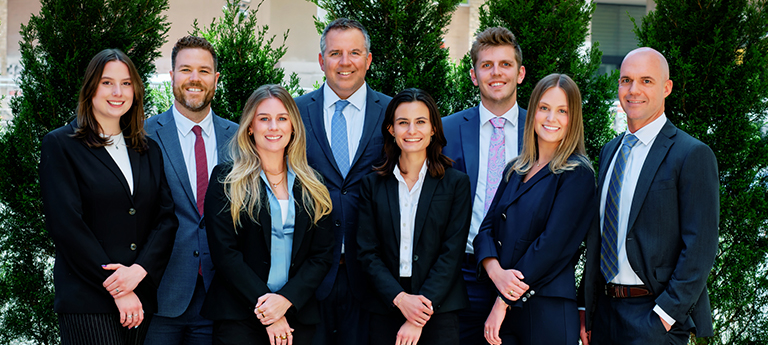
Understanding Disorderly Conduct in Colorado
In Colorado, disorderly conduct is governed by Colorado Revised Statutes 18-9-106, which outlines a broad range of behaviors that qualify as disorderly conduct. These include:
- Engaging in a fight in public: Any act of physical altercation in a public space could lead to charges of disorderly conduct.
- Making unreasonable noise: This applies if a person makes loud, disruptive noises in public or near residences and refuses to quiet down after being asked.
- Displaying a deadly weapon or an object that looks like one in a threatening way: Brandishing weapons or objects that could reasonably be perceived as weapons, with the intent to cause alarm, also qualifies as disorderly conduct.
- Using obscene language or gestures in public: While people often assume free speech covers all forms of expression, obscene language or gestures can lead to charges, especially if they provoke a strong, hostile reaction.
These behaviors are classified differently depending on the situation. Fighting, for example, can be considered a petty offense. Brandishing a weapon could result in a more serious misdemeanor charge. The penalties for disorderly conduct in Colorado range from fines of up to $1,000 to possible jail time. It all depends on the circumstances and whether the offense is a repeat violation.
In addition to state charges, most municipalities also have disorderly conduct ordinances that prohibit similar types of behavior. A lot of disorderly conduct charges are filed and prosecuted in municipal court.
Possible Defenses to Disorderly Conduct Charges
If you’ve been accused of disorderly conduct, it’s important to remember that the prosecution must prove beyond a reasonable doubt that your actions met the criteria for disorderly conduct. Common defenses include:
- Lack of intent: For actions such as displaying a weapon, the prosecution must show you acted with the intent to cause alarm. Demonstrating that there was no intent can be a strong defense.
- Self-defense: If the disorderly conduct charge stems from a public fight, showing that you were acting in self-defense may help reduce or dismiss the charge.
- Protected speech: Not all offensive speech is punishable. Under Colorado law, and the First Amendment, not all instances of offensive language or gestures in public rise to the level of disorderly conduct. They must provoke a clear risk of violence or disturbance.
What to Do if You Are Charged with Disorderly Conduct
If you’ve been accused of disorderly conduct in Colorado, remain calm and cooperate with law enforcement. Resisting or arguing can lead to further charges or escalate the situation. After your release, write down everything you remember about the incident. Include the time, place, and any interactions with witnesses or law enforcement. Gathering this information will be essential for building a defense.
Additionally, avoid discussing the details of your case on social media or with friends. Anything you say could potentially be used against you. Having a professional by your side is essential to protecting your rights.
Contact an Attorney
Facing a disorderly conduct charge can be stressful and confusing, especially when it affects your record and possibly your future. Colorado’s legal system is complex. Building an effective defense often requires an experienced attorney. They understand local laws and the specific challenges of disorderly conduct cases. A skilled attorney can help review your case, explain your rights, and explore options for defending against the charges.
If you’ve been accused of disorderly conduct or you have questions about the laws related to disorderly conduct, we can help. Contact the Juba Law Office for more information.












